Artificial intelligence (AI) has long been a buzzword in the tech industry, but it wasn’t until the launch of ChatGPT in late 2022 that AI truly skyrocketed to the forefront of business innovation. Today, Australian enterprises of all sizes are grappling with a critical question: how best to harness AI to their advantage? From streamlining operations to enhancing documentation and reporting, AI is proving to be a transformative force that can both simplify and complicate the management of a small business.
In the realm of insurance, AI is poised to revolutionise the landscape. According to Steven Tuften, Director of AI and Emerging Technology at Steadfast, AI will not only impact the types of insurance small businesses require but also alter the way insurers engage with their clients in the future.

Mitigating Risks in Real-Time
One of the most significant advantages of AI in the insurance industry is its ability to provide real-time risk mitigation advice. AI-powered analytics enable insurers to monitor and respond to unfolding events, such as natural disasters, with unprecedented speed and precision.
For instance, if a flood is predicted to affect customers downstream within a few days, insurers can issue proactive risk mitigation advice. “A flood could be happening that an insurer can see will impact customers downstream three days later,” Tuften explains. “They might issue a notice saying that if you can sandbag your property and move your assets off the ground floor, they’ll continue to cover your property for any losses. But if you don’t mitigate that risk, your cover is void.”
This interactive, real-time approach not only helps protect businesses but also keeps insurance premiums more affordable in the face of extreme weather events. By taking immediate action based on AI-driven insights, small business owners can better safeguard their operations and assets.
Smarter Cyber-Scammers
While AI offers numerous benefits, it also presents new challenges, particularly in the realm of cybersecurity. AI has become a powerful tool for cyber-scammers, who use sophisticated techniques to deceive and defraud organisations. AI-generated forgeries, such as deep fake images, audio, and video, are on the rise, making it increasingly difficult for businesses to detect and defend against these attacks.
“Someone may pretend to be a supplier chasing a late payment, for example, and persuade your accounts person to make a remittance,” Tuften says. “Many people know they’re being scammed when they’re sent links about traffic fines and the like, but a really good deep fake is much harder to detect – there’s research to suggest that up to 95 percent of us don’t know how to identify an audio or video attack.”
As deep fake technology continues to evolve, it becomes imperative for small business owners to become more “AI-literate.” Understanding the risks and learning how to identify potential threats are crucial steps in protecting your business. Additionally, investing in cyber-insurance can help mitigate the financial impact of cyber-attacks, providing a safety net if your business falls victim to these sophisticated scams.
The Rising Importance of Cyber-Insurance
With the increasing prevalence of AI-driven cyber threats, comprehensive cyber insurance is becoming an essential component of a small business’s risk management strategy. Cyber insurance policies are designed to cover the costs associated with cyber-attacks, including data breaches, ransomware, and fraud. As awareness of these risks grows, more small business owners are recognising the need for comprehensive cyber-insurance coverage.
“Cover for this sort of liability will become increasingly popular for small businesses as owners become aware of the rising risk,” Tuften says. Cyber insurance not only provides financial protection but also offers peace of mind, knowing that your business is prepared to handle potential cyber threats.
AI and Personalised Insurance Solutions
Another significant impact of AI on the insurance industry is the ability to offer more personalised insurance solutions. AI algorithms can analyse vast amounts of data to understand the unique needs and risk profiles of individual businesses. This enables insurers to tailor their products and services more precisely, ensuring that small business owners receive coverage that aligns with their specific requirements.
For example, AI can assess factors such as the nature of your business, location, and historical claims data to recommend the most appropriate coverage options. This personalised approach helps businesses avoid underinsurance or overinsurance, ensuring they have the right protection in place.

Enhancing Claims Processing with AI
AI is also set to revolutionise the claims processing aspect of insurance. Traditionally, filing and processing insurance claims has been a time-consuming and often frustrating experience for small business owners. However, AI-powered systems can streamline this process, making it faster and more efficient.
AI can automate many of the administrative tasks involved in claims processing, such as data entry and document verification. Additionally, AI algorithms can quickly analyse claims data to detect potential fraud and ensure that legitimate claims are processed promptly. This not only improves the customer experience but also reduces operational costs for insurers, ultimately benefiting policyholders through lower premiums.
The Role of AI in Risk Assessment
Accurate risk assessment is a critical component of the insurance industry, and AI is poised to enhance this process significantly. AI-powered tools can analyse a wide range of data sources, from historical claims data to real-time environmental factors, to provide a comprehensive view of a business’s risk profile.
For small businesses, this means more accurate and fairer insurance premiums. Rather than relying solely on broad industry averages, insurers can use AI to assess the specific risks associated with each business, leading to more personalised and cost-effective coverage. This level of precision helps small business owners make informed decisions about their insurance needs and ensures they are adequately protected against potential risks.
Do You Have the Right Cover?
Given the rapid advancements in AI and the evolving risk landscape, it’s crucial for small business owners to regularly review their insurance policies. Insurance helps safeguard your operations against unexpected and emerging risks, and your broker can help you determine whether your cover is keeping pace with the times.
Contact your broker today to review your policies and ensure that your business is adequately protected. An experienced broker can provide valuable insights into the latest insurance products and help you navigate the complexities of AI-driven risks.
The integration of AI into the insurance industry is reshaping the way small businesses approach risk management. From real-time risk mitigation and enhanced claims processing to the rising importance of cyber-insurance, AI is driving significant changes that can benefit small business owners. However, these advancements also come with new challenges, particularly in the realm of cybersecurity.
By staying informed about the latest AI developments and working closely with an experienced insurance broker, small business owners can ensure they have the right coverage in place to protect their operations. As AI continues to evolve, so too will the insurance needs of small businesses. Embracing these changes and adapting to the new landscape will be key to securing the future of your business.
Important notice
All information in this article is of a general nature only. This information does not take into account your specific objectives, financial situation or needs. It is also not financial advice, nor complete, so please discuss the full details with your All Star Brokers insurance broker. Information is subject to change.
Steadfast Group Ltd ACN 073 659 677
Important notice – Steadfast Group Limited ABN 98 073 659 677 and Steadfast Network Brokers
This article provides information rather than financial product or other advice. The content of this article, including any information contained in it, has been prepared without taking into account your objectives, financial situation or needs. You should consider the appropriateness of the information, taking these matters into account, before you act on any information. In particular, you should review the product disclosure statement for any product that the information relates to it before acquiring the product.
Information is current as at the date the article is written as specified within it but is subject to change. Steadfast Group Ltd and Steadfast Network Brokers make no representation as to the accuracy or completeness of the information. Various third parties have contributed to the production of this content. All information is subject to copyright and may not be reproduced without the prior written consent of Steadfast Group Limited.
